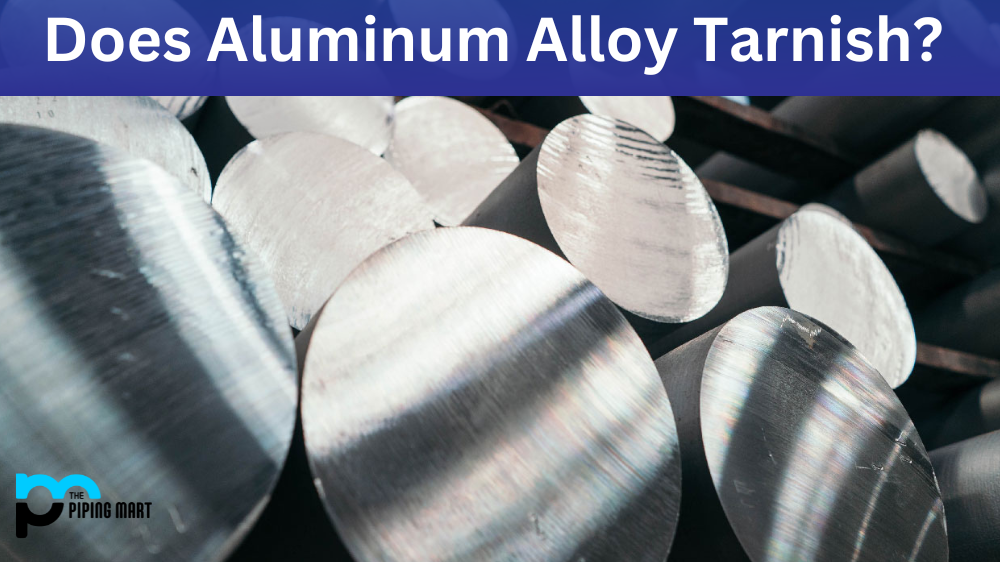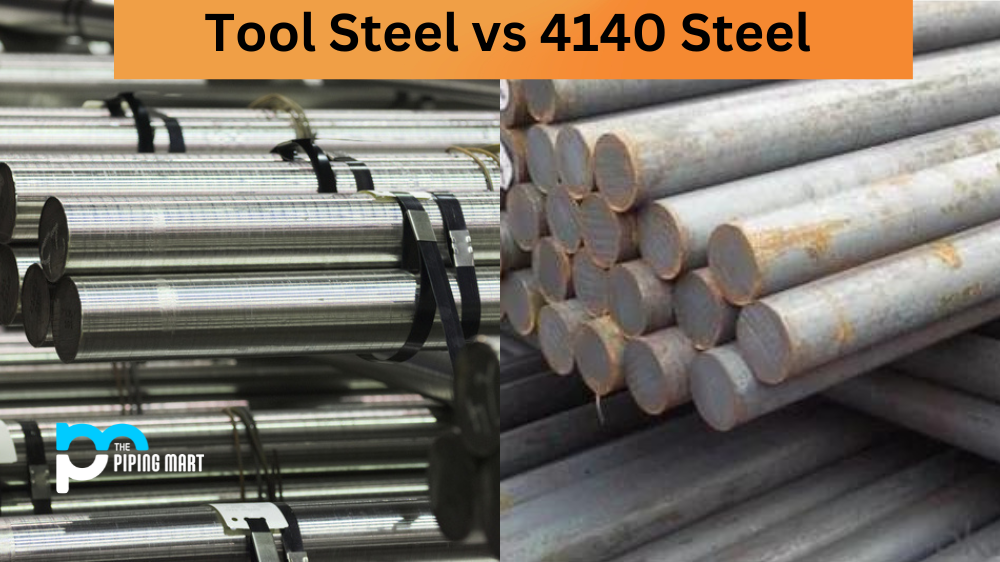Have you ever wondered if it is possible to forge mild steel? The answer is yes! Mild steel is one of the most commonly forged metals. It has a low carbon content and is used in various applications, from automotive components to structural beams. Please keep reading to learn more about why mild steel can be forged and what makes it ideal for forging.
What Is Mild Steel?
Mild steel is a metal alloy made of iron and trace amounts of carbon. It has a relatively low carbon content—usually between 0.05% and 0.25% by weight—which makes it malleable enough to be forged without breaking or cracking under pressure. Mild steel also contains small amounts of other elements like silicon, sulfur, phosphorus, and manganese, which help improve its properties further.
Benefits of Forging Mild Steel
Mild steel’s low carbon content makes it easier to shape than higher-carbon steels because it does not become brittle during forging operations. This means that parts made from mild steel can maintain their strength and integrity even when exposed to high temperatures during the forging process. Additionally, mild steel can be heat-treated to further strengthen its properties without compromising its malleability or ductility. Its versatility also makes it ideal for many applications, and large-scale production runs where consistent quality is desired.
Forging Processes
Forged parts are created through heating and pounding with hammers or presses until the desired shape is achieved. Due to the localised compaction during forging operations, this process results in stronger parts than traditional machining methods. Additionally, forgings require fewer post-processing steps like drilling and tapping, which saves time and money in manufacturing costs while still meeting design specs for strength, durability, and overall quality.
Conclusion:
Mild steel’s low carbon content makes it an ideal choice for many forging operations due to its ability to maintain its strength even after being subjected to high temperatures during the forging process without compromising malleability or ductility. Its versatility also allows for large-scale production runs with consistent quality results while requiring fewer post-processing steps than traditional machining methods, which helps save time and money in manufacturing costs. If you’re looking for a metal alloy that offers these benefits, consider using mild steel for your next forging project!
Meet Heer, a dynamic and driven writer learning tricks of her trade in the metal industry. With a background in Digital Marketing, Heer brings a unique perspective to her writing, sharing valuable insights. Apart from blogging she like reading and hiking.




